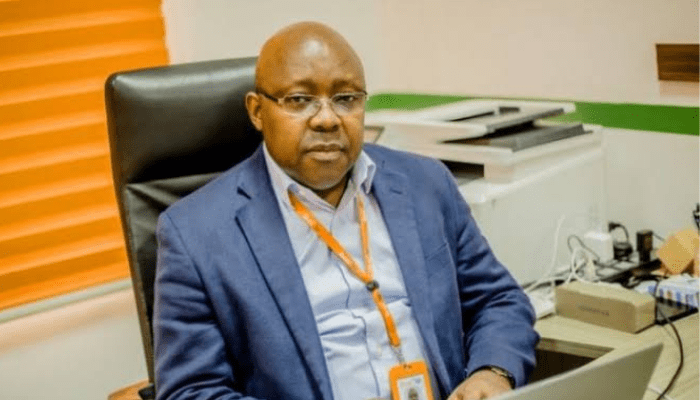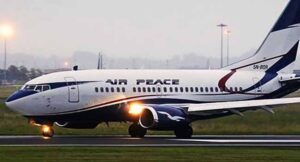
Aircraft utilisation is key to airline success amid challenges — Ibom Air
By Seun Ibiyemi
The Chief Operating Officer of Ibom Air, George Uriesi, has stressed that aircraft utilisation is key to achieving profitability and operational excellence, particularly in Nigeria’s challenging aviation landscape.
He explained that efficient aircraft utilisation is essential for maintaining financial viability while allowing airlines to provide consistent and reliable services to passengers. This operational approach is crucial for navigating the complexities of the airline industry and ensuring long-term stability.
Uriesi stated that any sustainable airline business model must be centred around high levels of utilisation.
He remarked, “Your business plan for a year must be built on the level of aircraft utilisation you need to achieve to pay for the aircraft, cover operational costs, and still make enough to run your business successfully.”
Without this foundation, airlines risk financial instability and, ultimately, their survival. Nigerian airlines face particular challenges, with restricted operational hours being a significant obstacle.
Uriesi noted that sunset limitations at many airports drastically shorten the time available for daily operations. As a result, domestic carriers often manage no more than six daily flight sectors per aircraft, which he described as “a business-killing proposition” for operators of newer, more expensive aircraft.
In response, airlines deploy newer fleets on high-demand routes, extending operational periods beyond daylight hours to optimise asset utilisation. Aircraft utilisation becomes especially vital in this context.
Weather unpredictability and seasonal challenges further complicate scheduling, requiring airlines to balance efficiency with passenger expectations.
Uriesi stressed that airlines cannot simply reschedule flights based on short-term forecasts without causing widespread disruption.
“If you start doing that, you’ll not only delay passengers booked on those services but also disrupt other flights already scheduled for those aircraft,” he said.
This balancing act highlights the challenges of delivering services while maintaining financial performance. Systemic inefficiencies add another layer of complexity, with frequent VIP movements in Nigerian airspace creating unnecessary delays.
Uriesi criticised this outdated practice, contrasting it with global standards, where such movements are expedited without affecting regular flight operations.
He called for the prioritisation of improved navigational and visual aids across Nigerian airports, which would extend operational hours and enhance aircraft utilisation. Enhanced air traffic control procedures, he argued, could also save valuable time and resources, benefiting the entire aviation ecosystem.
Collaboration across the aviation sector is essential to overcoming these systemic hurdles. Uriesi emphasised the need for all stakeholders to align efforts, stating, “The entire system needs to work together to remove the obstacles.” While acknowledging that airlines can refine their operations, he maintained that structural reforms are necessary for meaningful progress.
Despite these challenges, Uriesi argued that airlines must retain autonomy in determining their operational strategies. He noted that market forces ultimately hold airlines accountable for meeting passenger expectations, ensuring that service quality aligns with demand.
“The market will eventually deliver a verdict on the airline if it keeps failing to meet the expectations of passengers,” he asserted.
Uriesi called for urgent reforms to address systemic inefficiencies and alleviate pressures on Nigerian airlines. He highlighted the need for better infrastructure, regulatory alignment, and operational efficiencies to drive aircraft utilisation, improve profitability, and secure the future resilience of the aviation sector.




